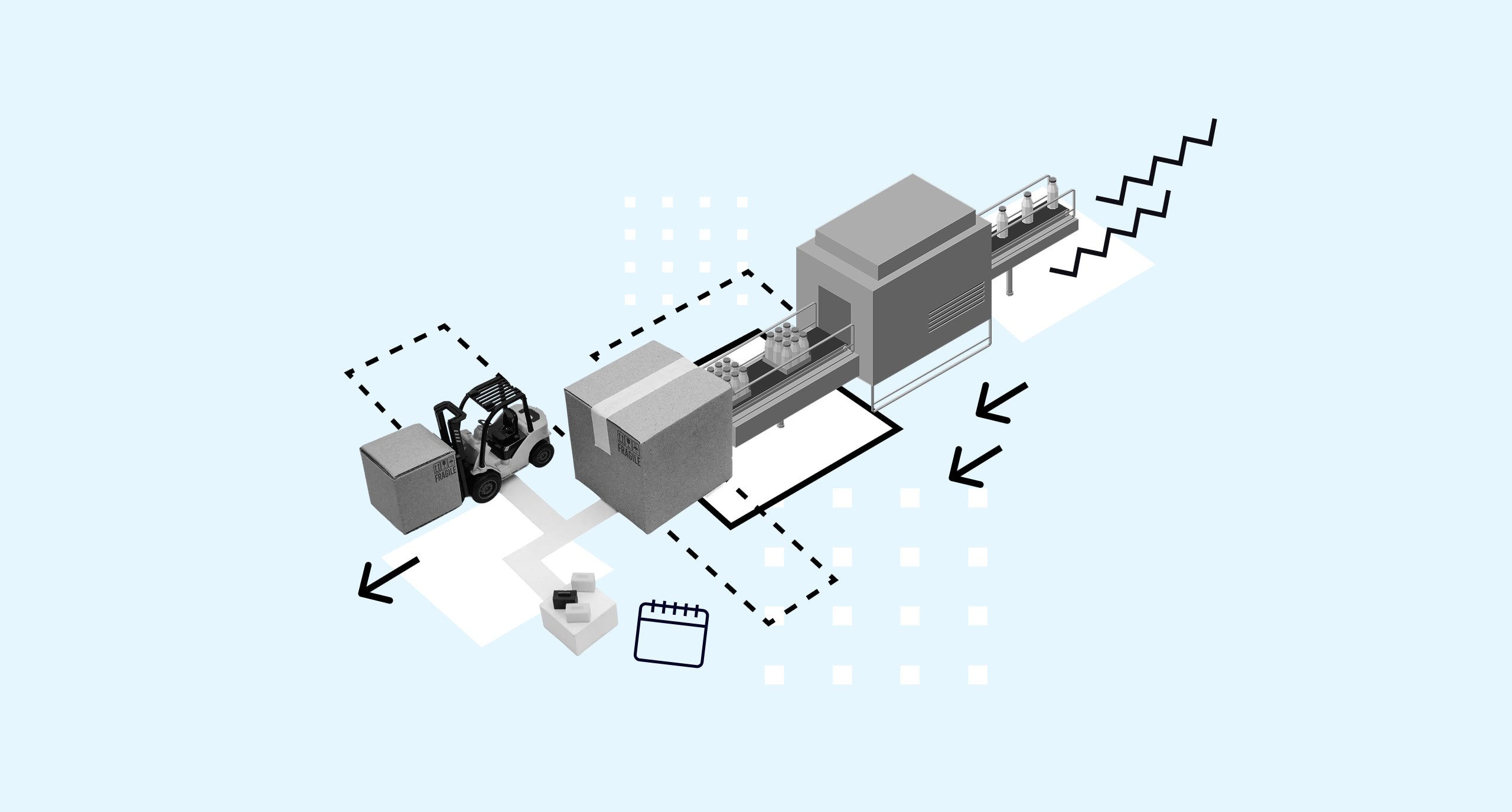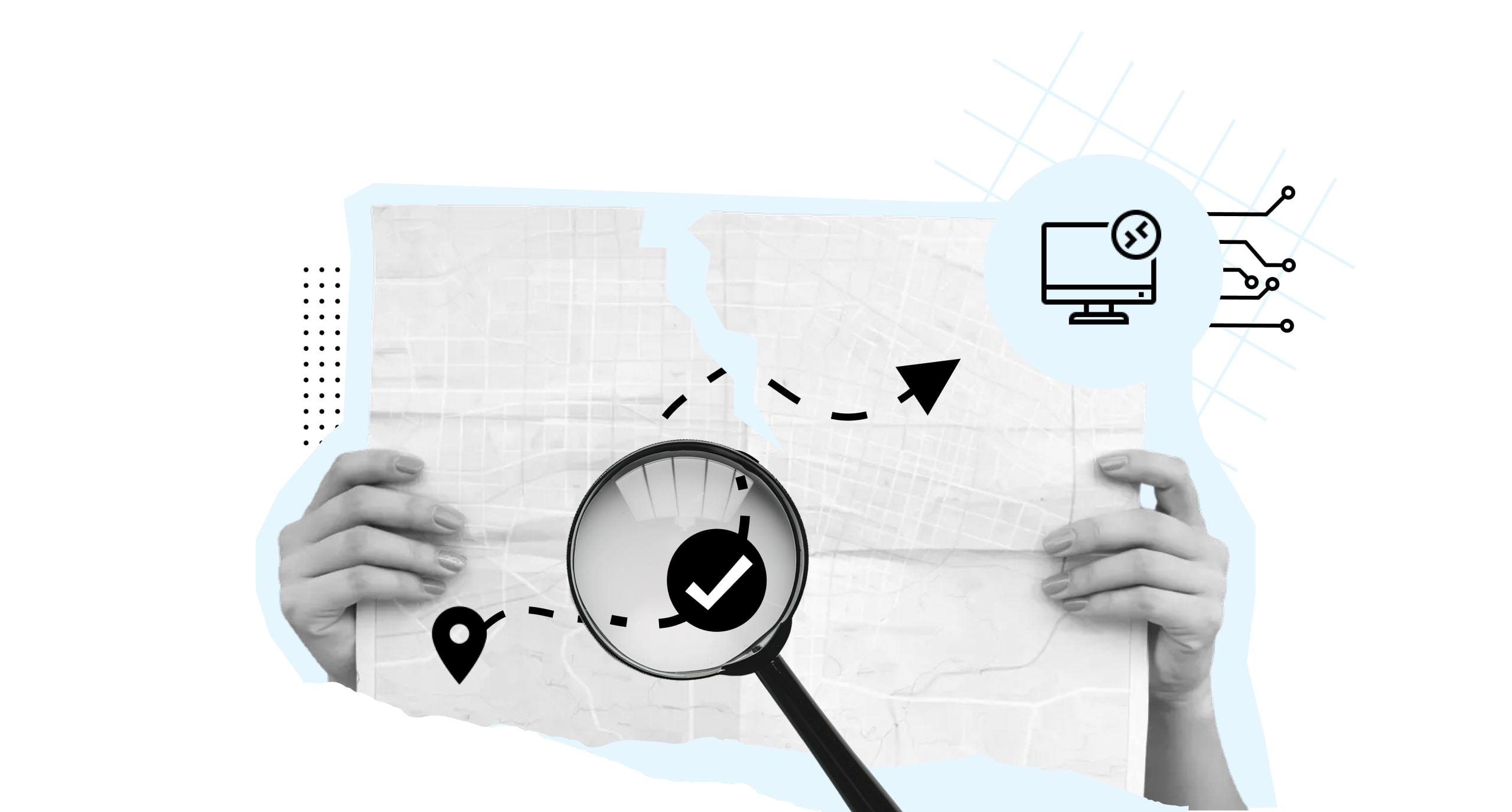The legal sector is something of a traditionalist. However, with the advancement of Artificial Intelligence, there’s no longer room to be conservative around tech. AI in law is providing both challenges and opportunities that are pertinent to the modern professional.
So, let’s take a look at how you can use AI for law firms from legal practice to customer service and content generation.
What is Artificial Intelligence in law?
AI in law means, in a nutshell, how advanced algorithms and machine learning technologies can be used to automate or assist with legal tasks. AI doesn’t replace the nuanced and human judgment of experienced solicitors. It does, however, perform routine tasks that are commonly assigned to junior professionals. These include document review, legal research and risk assessment.
According to Susskind and Susskind in The Future of the Professions, the emergence of Artificial Intelligence in law will potentially reduce reliance on traditional legal professionals. That said, Remus and Levy believe professionals will benefit from being relieved of structured, repetitive tasks—which is the current extent of the influence of AI in the law.
In terms of use cases, we’re now seeing AI systems like IBM Watson help junior lawyers access decades of legal insights instantaneously. This agility means that the demand for entry-level positions may reduce. Realistically, though, AI can’t bill hours—which means the business models of many law firms would suffer from a smaller workforce. Naturally, the evolution brings the new ethical, regulatory and educational challenges that are constants in conversations about AI.
How to use AI for your law firm?
We’re seeing a major push for Artificial Intelligence in the legal sector worldwide. In fact, a recent report from The Law Society cited that investment in legaltech reached $233m across 62 major deals way back in 2017 alone. So learning how to use AI in law is more a question of when than if.
You have to think beyond adopting the technology to transforming your business model. AI can be used to automate administrative tasks, enhance document review, manage contracts, perform predictive analytics and even assist with litigation strategies.
But you need to start by being specific: What potential areas of weakness could it strengthen for your firm?

Tasks like e-discovery, due diligence and legal research are ripe for AI solutions. Systems with extensive training data can locate relevant legal precedents or red flags in mere seconds, which saves hours of human labor with more efficiency. A 2018 study pitted 20 top U.S. lawyers against an AI system in reviewing NDAs. The AI achieved 94% accuracy in just 26 seconds—compared to the human average of 85% over 92 minutes.
Strategically, firms should also consider the long-term implications. As AI adoption grows, the structure of law firms will likely shift. Entry-level legal roles may decrease, affecting traditional pathways to senior positions. Firms must rethink recruitment, skills development, and succession planning in an AI-driven environment. While billable hours may reduce, The Law Society believes law firms can maintain fees with added value in their offerings and diversifying their target customers: “Lower costs could open up demand from those who previously could not afford legal advice, thereby increasing the size of the market.”
How does AI improve legal research efficiency?
So, how is AI used in law, in terms of specifics? Well, it’s great at time-consuming tasks like identifying relevant statutes, precedents and legal commentary—especially if the sources are disorganized. Advanced AI platforms parse through large databases of case law to find patterns, with some systems capable of learning from previous searches to improve their output. Tools like ROSS Intelligence and Lexis+ use NLPs to answer customers’ legal questions in plain English and offer case-based responses. That’s as useful for professionals as it is for consumers.
More broadly, AI-assisted legal research democratizes access to legal information—helping junior lawyers, small firms, and even clients gain deeper legal insights. However, it also reinforces the need for legal professionals to develop critical judgment and ethical reasoning, since AI cannot (yet) fully understand legal nuance or social context.
Can AI assist in contract review and analysis?
The short answer is yes. From NDAs to complex merger documents, AI can review contracts for risk, ambiguity or non-compliance. In fact, you now have Legal AI tools that pick up on subtle inconsistencies or hidden risks. AI platforms like Kira Systems and LawGeex are great for streamlining workflows, particularly during high-pressure scenarios like M&A due diligence. And clients are also benefitting from AI-driven smart registries and autonomous inspections—even before contacting legal counsel.
This doesn’t mean render human judgment unnecessary. But junior lawyers do need to build foundational skills in AI, as they’re likely to be functioning in hybrid models that combine AI’s speed with human judgment. Legal professionals will remain the ultimate interpreters—and will certainly be held accountable for discrepancies.
Should law firms use AI for content creation?
It’s no secret that tools like ChatGPT are making content creation easier than ever. And that’s just as applicable for legally-informed content that ranges from internal documentation to client-facing educational material. The benefits include saved time, lower costs and a consistent brand voice across platforms.
AI can help firms maintain blogs, newsletters, and FAQs without constant human input. That makes it especially useful for small or mid-sized firms who are having to compete with limited marketing resources. However, as with any legal communication, the stakes remain high. Legal content must be accurate and ethically sound—something LLMs can’t always guarantee. The Legal Society has stated that, “without careful human oversight, there’s a real danger of misinformation or noncompliance with advertising standards and regulations.” As such, firms should rigorously vet all AI-generated material.
Navigating the future of AI in law
With each passing year, AI integrates more in the delivery of legal services. We’re now seeing a wealth of AI-powered chatbots working for client engagement, making it easier for law firms to handle legal inquiries, schedule appointments and offer 24/7 support. Those law firms seeking to adopt new tech find themselves better positioned to compete and attract top talent.
As AI adoption grows, firms will need to reconsider their internal structures. Traditional entry-level roles may decline, disrupting long-established career paths. In this context, future-ready lawyers will need expertise in areas like e-discovery, contract management, IP, cybersecurity and project management.
Alongside operational changes, AI introduces significant ethical and legal questions. Who is liable when AI gets something wrong? How do we ensure fairness in algorithmic decisions? Should AI have legal personhood? The challenge for law firms is to use AI where it excels, while ensuring that human insight and ethical standards remain central to legal practice.
Study a modern law master’s degree
The truth is, as AI adoption grows, entry-level legal roles may decrease. Which is why young trainee lawyers need to be proactive in planning their pathway into the profession. As firms rethink recruitment and talent development, candidates can plan for success by knowing three core areas:
1. What is happening in the legal marketplace
2. What kind of skills, attributes and knowledge professionals need
3. How to assimilate into the market/profession.
If you’re interested in learning about hot topics like AI in the law, we can helpp. The Master of Laws LL.M. at IE Law School provides a rigorous, internationally focused curriculum, through which you’ll develop the legal, technical and strategic skills that modern employers demand. You also have access to specializations like Digital Law & Intellectual Property, International Business Law, and more, helping you focus on the legal domains most relevant to today’s tech-driven world. And, for an even more specialized approach, you can find out more information about the LL.M. Master in International Legal Studies.
Whether you aim to work at a top law firm, advise global corporations, or lead on matters of international law, this is the degree for you. Follow the link below to see how you can make a lasting impact in the digital legal era.
Learn how to use AI in law
Understand Artificial Intelligence in legal sector jobs with a competitive education from IE Law School.

Benjamin is the editor of Uncover IE. His writing is featured in the LAMDA Verse and Prose Anthology Vol. 19, The Primer and Moonflake Press. Benjamin provided translation for “FalseStuff: La Muerte de las Musas”, winner of Best Theatre Show at the Max Awards 2024.
Benjamin was shortlisted for the Bristol Old Vic Open Sessions 2016 and the Alpine Fellowship Writing Prize 2023.


















